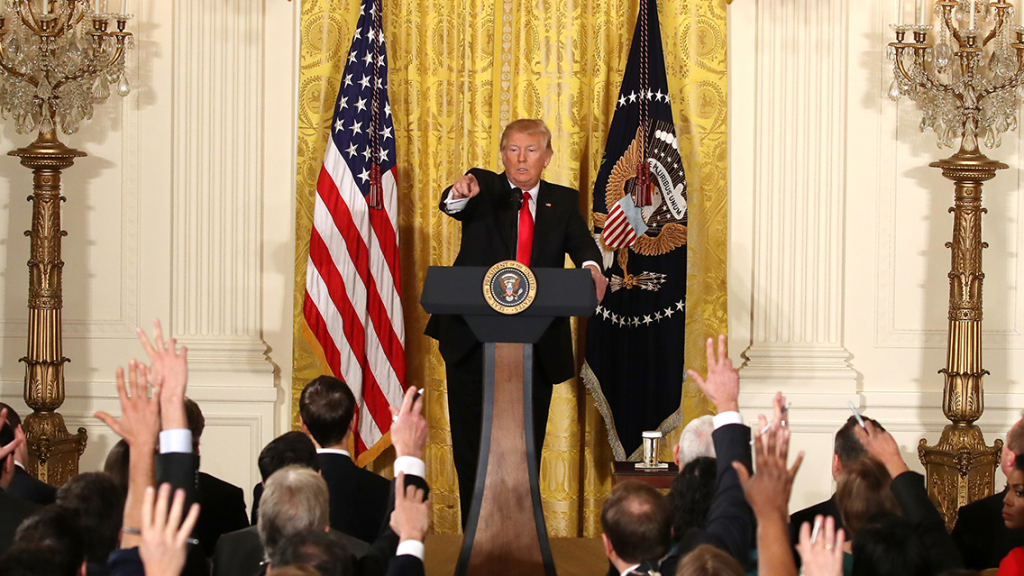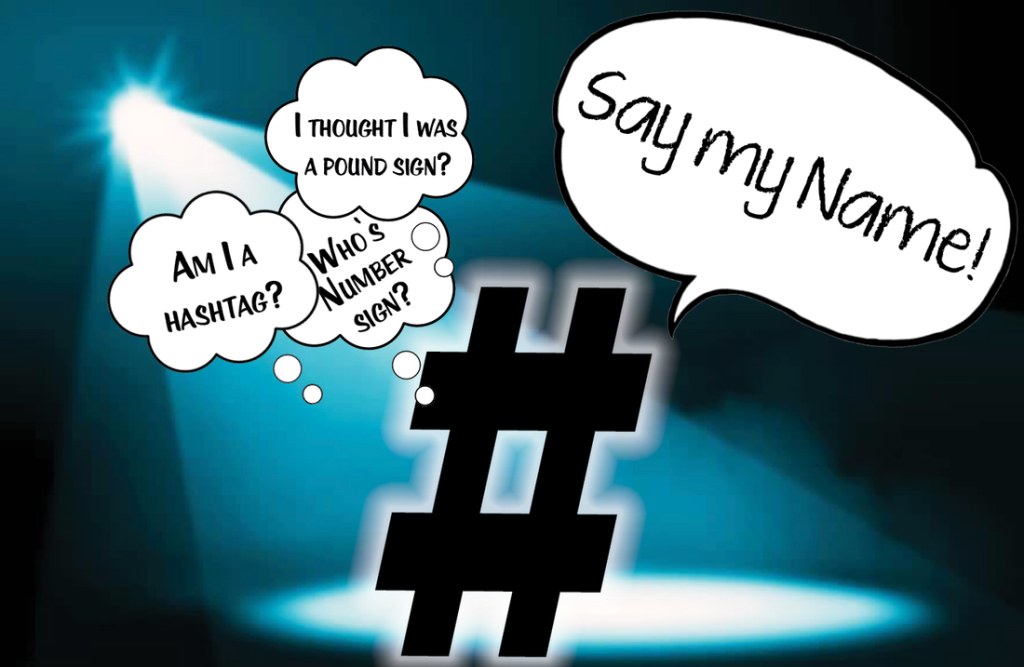
When news broke this week revealing an “unprecedented” security breach by rogue state actors breaking into multiple government computer networks — a story that continues to evolve — the word used when describing the criminal act was “hacked.”
Hack, and its iterations (hacked, hacker, hacking), likely conjures up images of nefarious cybercriminals and their deeds. However, the word has been around far longer than the advent of interconnected computer networks.
Etymologists date the origin of hack to the time known as Middle English, (between 1150 and 1500) and its evolution is labyrinthian, as you will learn. According to the Oxford English Dictionary, hack’s entrée in modern language began several hundred years ago in its original meanings: “[to] cut with heavy blows in an irregular or random fashion.”


